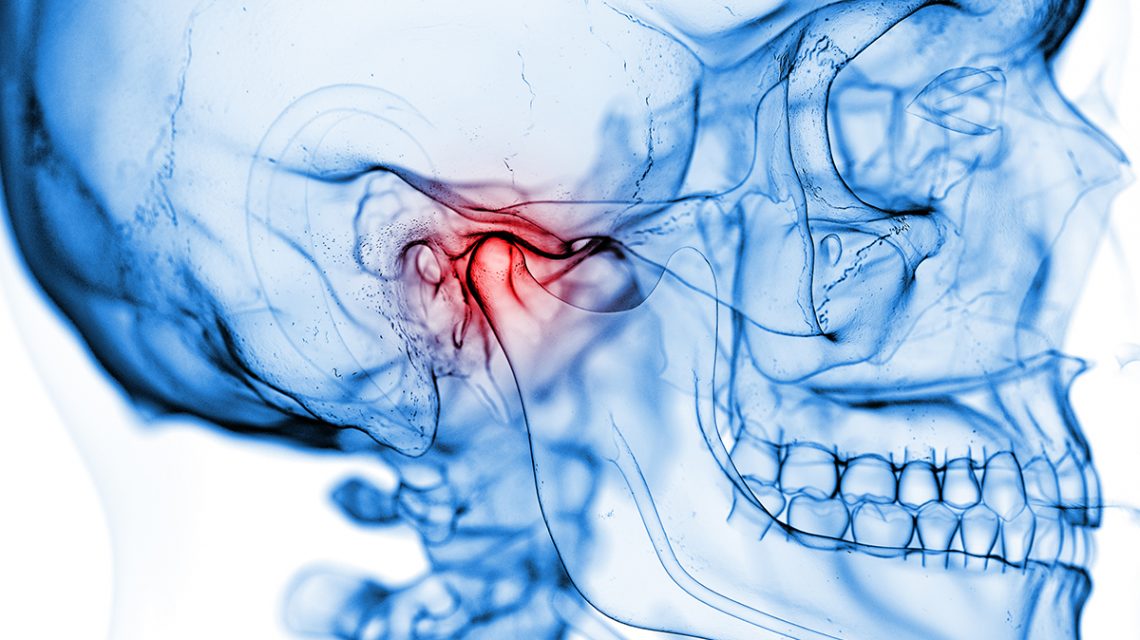Research estimates that over half of the population experiences some signs and symptoms of TMD (Temporo-Mandibular Disorder). Many of the patients left untreated have continuing underlying pathology that decreases the quality of their lives. Without treatment, TMJ problems may lead to chronic jaw pain, recurring headaches, and limitation to chewing ability. Chronic pain and the other symptoms related to TMD can impact your quality of life and increase anxiety and depression as well as dependence on prescription pain medication.
1. Lack of Knowledge and Training
Many TMD patients are misdiagnosed or not properly treated due to lack of knowledge and training among healthcare professionals. Many patients seek help from doctors, specialists, pain clinics, alternative medicine, with no adequate resolution of symptoms.
2. Lack of Understanding
Most healthcare practitioners, due to in part lack of knowledge, as well as a busy schedule, don’t understand the complexity of TMJ Disorder and, as a result, choose to medicate their patients rather than look for treatment solutions.
3. Incorrect Diagnosis
Most of TMD cases, including migraines and chronic headaches, result from a misalignment of the lower jaw as related to the upper jaw. A correct diagnosis that includes not only the cause of the symptoms but also a pathway to correcting this misalignment is the key to management and treatment for a TMD patient.
A dentist trained in neuromuscular dentistry has the advantage of training, understanding and treating TMJ Dysfunction, and pain related to jaw alignment. Neuromuscular Dentistry is a field of dentistry that focuses on determining, understanding, and treating TMD. Seeking advice from a dentist trained in TMD can mean the difference between relying on pain medication for life and actually eliminating the issue and improving your quality of life.

